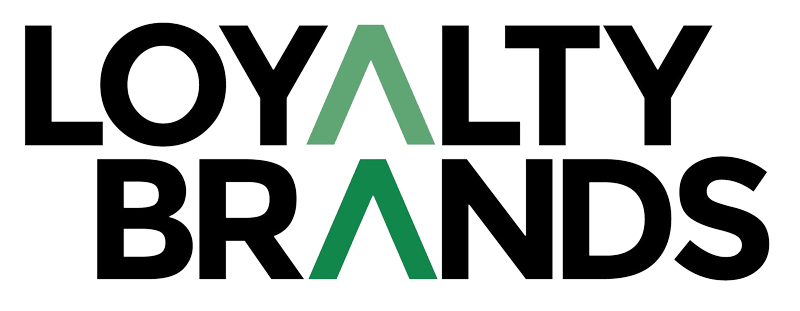Purchasing a business franchise can be a lucrative opportunity for aspiring entrepreneurs, but it’s important to carefully consider the pros and cons before making a decision. Here is a comprehensive look at the benefits and drawbacks of owning a franchise.
PROs and CONs of a Business Franchise
Pros:
Established brand and customer base: One of the biggest advantages of buying a franchise is that you get to operate under a well-known brand with an existing customer base. This can be especially appealing for first-time business owners who may not have a strong marketing background.
Proven business model: Franchise businesses are built on a proven business model that has already been tested and refined. This means that you have a higher likelihood of success compared to starting a business from scratch.
Support and training: Franchise businesses usually provide extensive training and support to their franchisees, including marketing, operations, and business development. This can be especially helpful for those who are new to the industry.
Financing options: Many franchise businesses offer financing options to help franchisees get started. This can be a huge advantage for those who may not have the capital to invest in a business outright.
Cons:
Initial costs: Buying a franchise can be expensive, with initial costs ranging from a few thousand dollars to several hundred thousand dollars. These costs typically include the franchise fee, training expenses, and equipment costs.
Limited flexibility: As a franchisee, you are bound by the terms of the franchise agreement, which can be restrictive. This may include restrictions on how you operate the business, what products or services you can offer, and how you can market your business.
Ongoing fees: Franchise businesses often require franchisees to pay ongoing fees, including royalty fees and marketing fees. These fees can be a significant burden on the bottom line and may cut into your profits.
Loss of independence: As a franchisee, you are essentially a small business owner who is beholden to the franchisor. This can be frustrating for those who want more control over their business and the ability to make their own decisions.
Here are some additional points to consider when deciding whether or not to purchase a franchise:
Research the franchisor: Before committing to a franchise, it’s important to thoroughly research the franchisor and their track record. Look for information on the company’s financial stability, growth potential, and the success rate of their franchisees.
Understand the franchise agreement: Carefully review the franchise agreement to understand the terms and conditions of the franchise relationship. This includes the length of the agreement, the franchisor’s obligations, and the franchisee’s responsibilities.
Assess your fit with the franchise: It’s important to consider whether the franchise is a good fit for your skills, interests, and goals. Consider whether you have the necessary experience, knowledge, and resources to operate the franchise successfully.
Evaluate the market: Research the market to determine the demand for the franchise’s products or services in the area where you plan to operate. Consider factors such as competition, consumer demographics, and local economic conditions.
Seek professional advice: Before making a decision, it’s a good idea to seek the advice of a lawyer or financial advisor who can help you understand the risks and potential rewards of purchasing a franchise.
By considering these points, you can make an informed decision about whether or not buying a franchise is the right choice for you.
Buying a franchise can be a great opportunity for aspiring entrepreneurs, but it’s important to carefully consider the pros and cons before making a decision. Make sure to do your due diligence, thoroughly research the franchise, and seek the advice of a lawyer or financial advisor before signing on the dotted line.

